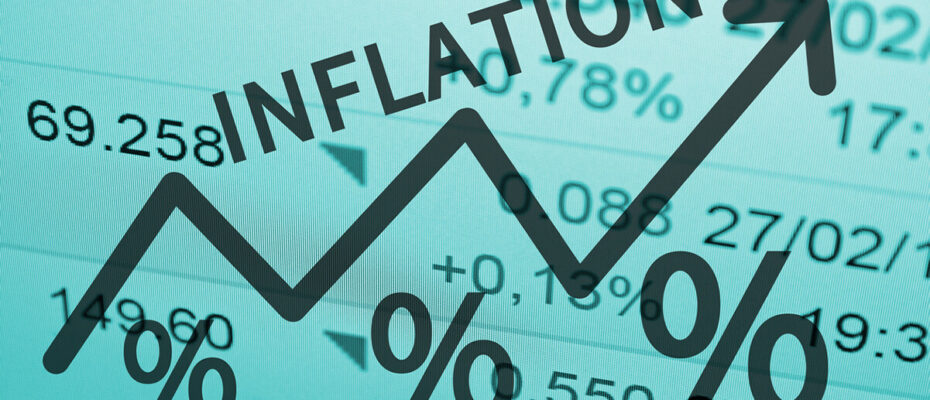Navigating the field of home loans can be a daunting experience for many homeowners, especially if economic issues like inflation or even potential inflation are in the mix. The team at Better Rate Mortgage is here to clear it up!
Inflation and interest rates are often influenced by each other, but many potential borrowers might not be all too aware of just how connected the two really are. Inflation refers to the rate at which prices rise, which in the US is based on the federal funds rate determined by the Federal Reserve.
The Federal Reserve tries to influence the rate of inflation by placing targets for the federal fund rate, which allows it to expand or reduce the supply of money as needed. Generally speaking, when inflation rates are reduced, people can buy more because they have more money to spend. This will end up increasing inflation again over time.
But, when inflation rates increase, the opposite is true. People have less money to spend, so they tend to save instead of buying. The economy, therefore, slows down, and inflation decreases.
Inflation Can Lead to a Higher Mortgage Rate
Higher inflation leads to the prices of goods and services increasing. The longer inflation lasts, the more likely it is for mortgage rates to rise as well.
Inflation devalues the buying power of the US dollar, meaning it can devalue everything denominated in the currency, which can include mortgage bonds. As you know, investors don’t want to invest in assets at risk of losing value, affecting the economy.
Additionally, a higher price tag on goods and services leads to a drop in demand, as people either don’t have the funds to spend right now or are actively choosing to save than to spend. This will eventually lead to the prices falling since providers will try to get back the buyers by letting go of some of their rates.
For lenders, their job is to maintain interest rates that are at the very least sufficient to overcome the drop in purchasing power and ensure they can still turn a profit. When inflation is high, their interest rates tend to be lower, as they have a higher demand for people wanting to borrow money for high-ticket items, such as homes. When inflation is low and fewer people require additional borrowing, interest rates rise.
To put it into perspective, if the mortgage rates are at 5%, but the annual inflation is 2%, the lender only gets back a 3% profit. Therefore, mortgage lenders always analyze the inflation rate very carefully and adjust the rate to increase their profit.
Get Professional Help in Finding the Right Loan
Navigating the field of home loans can be a daunting experience for many homeowners, especially if economic issues like inflation or even potential inflation are in the mix.
But a professional loan advisor like Better Rate Mortgage can help you make the right financial choice for you and your future home by choosing the best type of mortgage for your financial situation.

